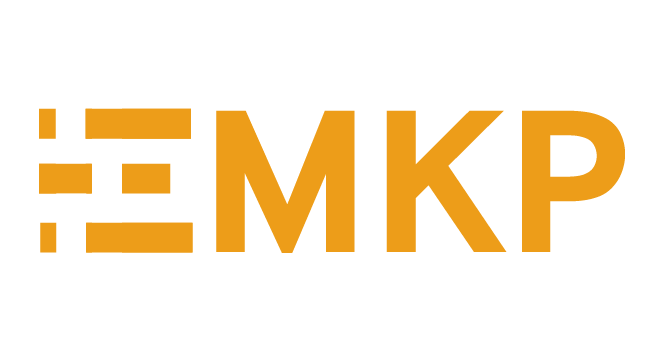Over generations, the knowledge of local geology, topography and hydrogeology evolved into socio-cultural traditions and a multi-tiered water, pasture and food management system that is unique to the people of the Thar Desert in Rajasthan, India.
The project explores the vast depths of traditional wisdom and knowledge systems related to shallow and deep wells-making named ‘rejwani beri’ and ‘pataali kuan’ in the Jaisalmer district.
A ‘rejwani beri’ (shallow wells) acts as a cavity to tap percolated water retained within the sub-surface by an impermeable layer (usually gypsum or bentonite) underneath. In the absence of such a layer, groundwater is tapped through an artesian well – ‘pataali kuan’ (deep artesian wells). The two groundwater systems are used in tandem by the pastoral and agricultural communities living around them.
The objective of this project is to view the oral inheritance of a community’s collective knowledge through a scientific lens to provide depth and a detailed understanding of human ingenuity and complex social engineering. Its aim is to document and preserve this indigenous knowledge and make it accessible to future generations. Using visually diverse mediums as a lingua franca to create a narrative combining storytelling techniques and technical detailing through a series of short videos and films, a small documentation guidebook supported with illustrations, drawings, essays and photographs and a geospatial database at a regional level. The learning can provide a case study and a tool for a better understanding of a cohesive process to achieve self-sufficiency and balance within an ecosystem.
Primary Applicant:
Palak Babel
Co-Applicants:
Gargi Joshi
Kurush Canteenwala
Shubham Mishra
Location of Research:
Jaisalmer District, Rajasthan, India
Host Institution:
Sambhaav Trust
Top Banner Image: Tanda – a place with multiple rejwani beris present in one location, Jaisalmer district, India, 2008 (Photo: Kurush Canteenwala)
